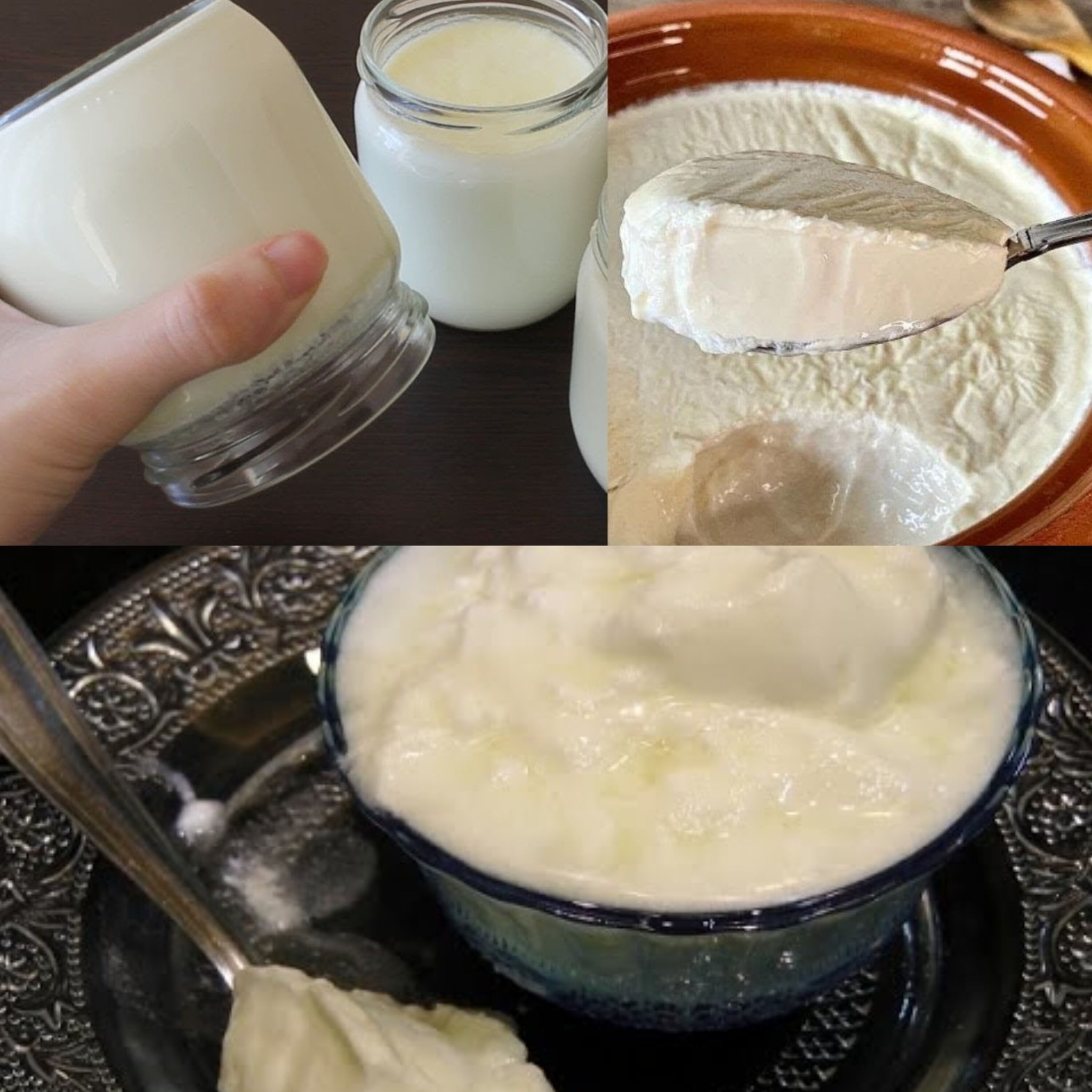Unlocking the secret to creating thick, creamy homemade yogurt might seem like a quest for the holy grail for many enthusiasts. Surprisingly, the solution doesn’t involve high-tech gadgets or obscure ingredients but something as simple and accessible as a spoon. This seemingly mundane utensil plays a pivotal role in achieving that dreamy, dense texture in your yogurt, a secret that has eluded many until now.
The Key to Thickness: Milk Powder
The cornerstone of this method lies in the addition of milk powder to your yogurt base. Milk powder acts to increase the milk solids in the mixture without adding extra liquid, resulting in a thicker, more luxurious final product. It enriches the yogurt with additional proteins, enhancing both the texture and the nutritional value.
How to Perfect Your Yogurt with a Spoon:
Prepare Your Base: Heat your milk to just below boiling, then let it cool to about 110°F (43°C), the sweet spot for yogurt cultures to do their work.
The Spoon Technique: Arm yourself with a clean, dry spoon and measure a tablespoon of milk powder. The general guideline is to use one tablespoon of milk powder per quart (liter) of milk, but feel free to adjust based on the quantity of milk you’re working with.
Ensure Even Mixing: Evenly sprinkle the milk powder over the warm milk’s surface. Use the back of the spoon to help dissolve it thoroughly, ensuring a smooth, lump-free mix.
Introduce the Cultures:
Introduce the Cultures: With the milk powder fully integrated, it’s time to add your yogurt cultures. This can be a couple of tablespoons of live culture yogurt from the store or a specific yogurt starter culture.
Fermentation Time: Transfer the mixture into your fermentation container or jars and allow it to ferment in a warm spot. Whether you’re using a yogurt maker, an oven with the light on, or another method, this process usually takes between 8-12 hours.
Continued on next page (page 2)👇
